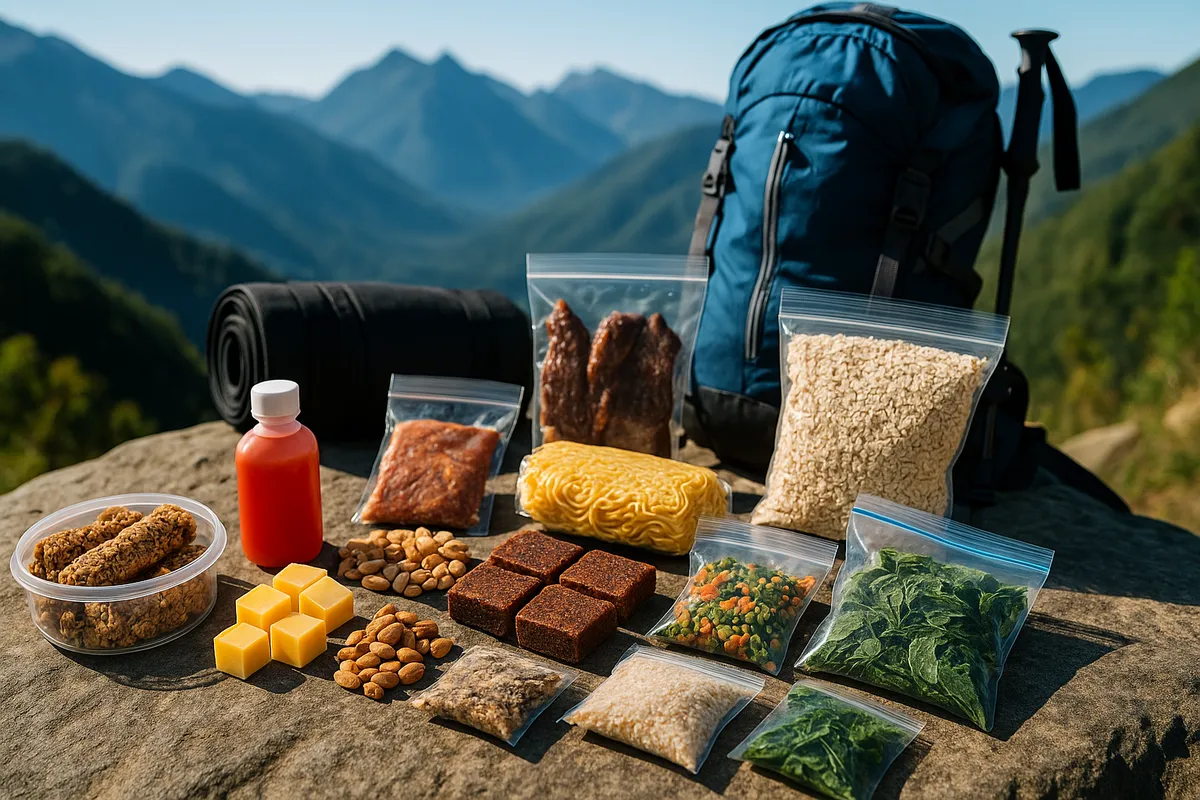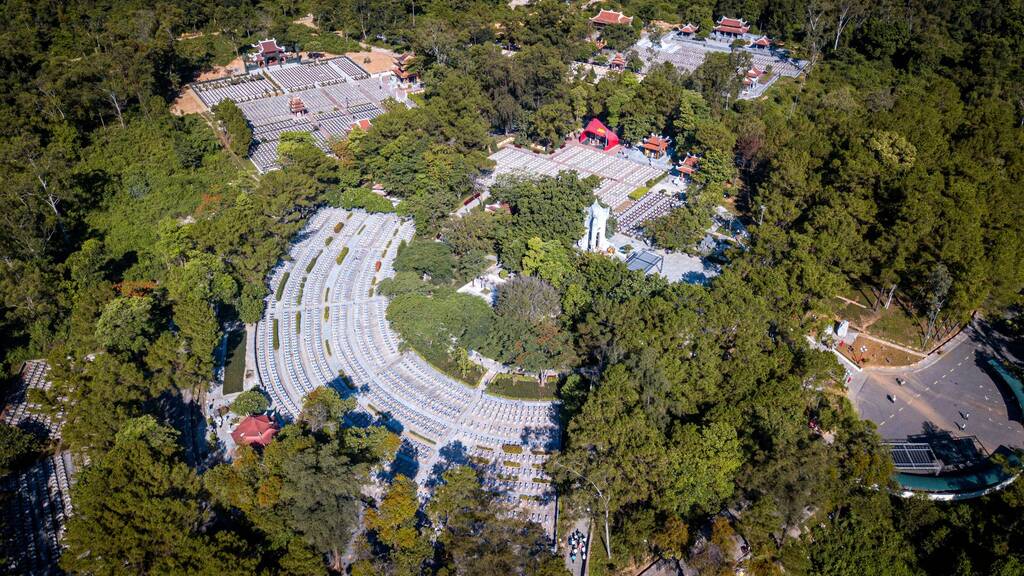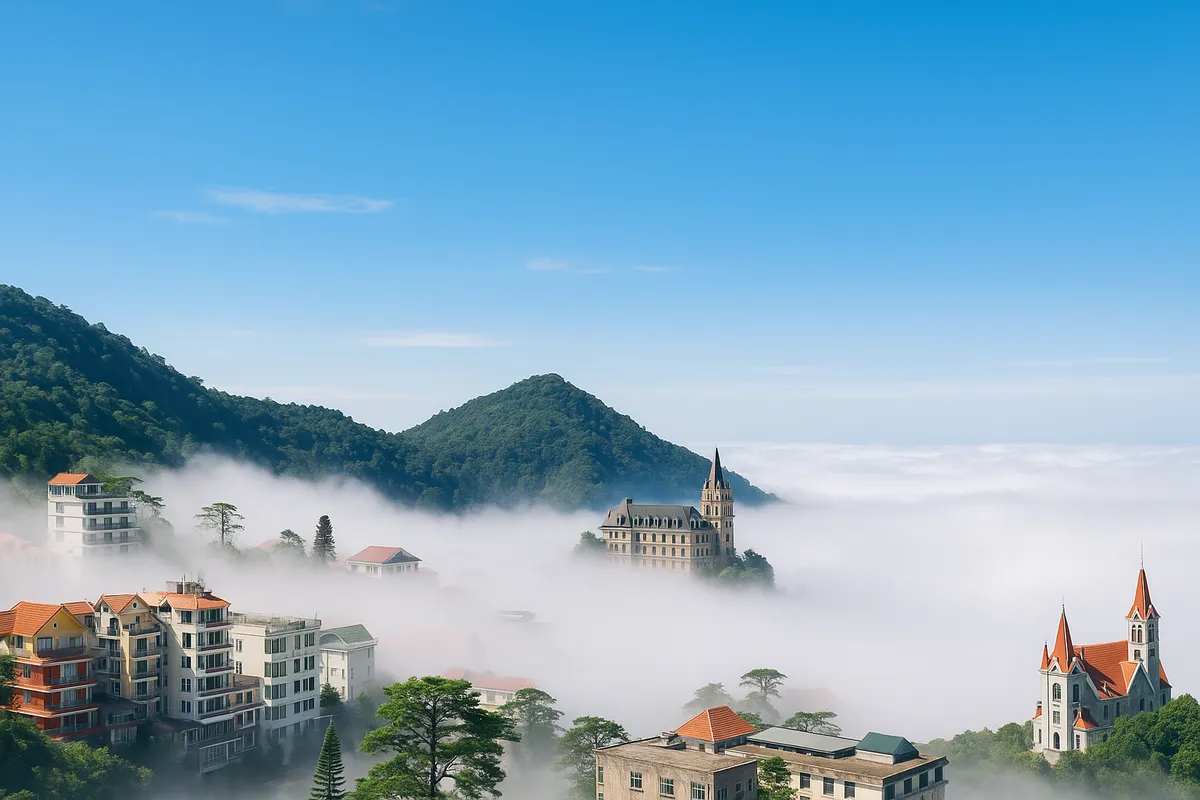How to prepare food for long mountain climbing
- Friday, May 30, 2025, 20:04 (GMT+7)
How to prepare food for long mountain climbing
It is no coincidence that preparing food for a multi-day mountain climb is considered a matter of survival. When the body is pushed to its limits across rugged terrain, shifting weather, and rising altitudes, every decision about what food to bring can lead to very real consequences. Bring too little, and you risk exhaustion. Bring too much, and it drags you down. Bring the wrong things, and your digestive system will speak up first.
Many beginners assume that instant noodles, sausages, and dried snacks are enough for climbing. But after two days, those foods will fail to support your body and spirit. From the harsh trails of the Hoang Lien Son range to the ascent of Bach Moc Luong Tu, the remote Ta Nang to Phan Dung route, or major peaks like Fansipan in Vietnam and Kinabalu in Malaysia, experienced climbers know that a reliable food plan must meet four criteria: energy, weight, shelf life, and ease of preparation.
For climbs lasting three to seven days, your body will need up to twice the normal calorie intake. You cannot carry a full kitchen or a fridge, so the strategy is to pre-portion meals and focus on foods that require minimal prep. Breakfast should include quick carbs like instant oats with powdered milk, dry bread with jam, or dark chocolate. Lunch must be fast and portable, often eaten on a steep path under the sun. Great choices include energy bars, homemade oat and nut protein snacks, or instant rice noodles with boiled water. Dinner matters most—it should have protein from dried tofu, seasoned dried pork, or spiced dried fish. Pair that with slow-release carbs like dehydrated rice or egg noodles and add dried vegetables such as kale, spinach, or pumpkin. Just add hot water and you have a warm, balanced meal.
Few people know that carrying concentrated lemon extract in a small bottle can help prevent nausea at high altitudes or enhance food flavor. Himalayan pink salt tablets are great for preventing cramps caused by mineral loss. Electrolyte tablets dissolved in water maintain endurance and mental clarity during steep climbs. Bring at least one per day, with extras as backup.
Rather than carrying large water bottles, bring foldable water bladders and a compact filter to purify stream water along the way. This cuts down weight while ensuring safe hydration. When selecting food, avoid anything that causes bloating or fermentation, as your digestive system is extra sensitive at high altitudes. Limit spicy or heavily seasoned items—they cause thirst and can wear out your taste buds quickly.
Veteran climbers recommend testing your food plan before the actual climb. Cook and try the exact meals and portions during a short trip or at home. This helps identify any foods your body may reject and allows you to fine-tune portions. Many climbers have found that a favorite food becomes inedible on the mountain due to nausea, fatigue, or cold sensitivity.
When packing, go small and smart. Use durable zip bags to separate each meal, label clearly for breakfast, lunch, or dinner, and add a quick recipe note if needed. For group climbs, divide food by person to avoid the risk of losing all food if one person gets injured or lost. Always carry small trash bags and biodegradable pouches to keep the mountains clean.
For emergency food, bring ultra-light high-energy items like dried cheese, packaged honey, roasted peanuts, or pure dark chocolate. These offer quick fuel and a morale boost in moments of exhaustion or crisis. A small piece of chocolate in the mist on a steep incline can feel more powerful than a full hot meal.
Some climbers suffer from digestive issues like bloating, diarrhea, or fatigue due to food incompatibility. Understand your own digestion and carry digestive aids such as probiotics, dried ginger slices, or cinnamon powder. Learn to eat slowly and chew thoroughly, whether deep in the forest or on a windy summit. Proper chewing helps digestion, conserves energy, reduces hunger, and prevents fatigue.
One often overlooked factor is the mental side of eating. Eating the same food repeatedly for days can ruin your appetite and nutrient absorption. Bring spice packets like chili, pepper, or dried herbs to vary the taste. A small change in flavor can make a big difference in morale.
Mountain climbing is not just about strength. It is about preparation. Food is the fuel that powers you through wild landscapes. Once you begin the climb, there is no going back. Every food choice matters. Those who have collapsed in the jungle from a missing pinch of salt, or who reached the summit thanks to one last piece of chocolate, know this truth well.
You may not need pots and pans, but you absolutely need a smart meal plan tailored to your body, with built-in flexibility. That is how experienced mountaineers stay strong, sharp, and motivated. And that is why, in the world of mountain climbing, food is the most important silent teammate you will ever have.

 CHECKIN.VN
CHECKIN.VN








Share on